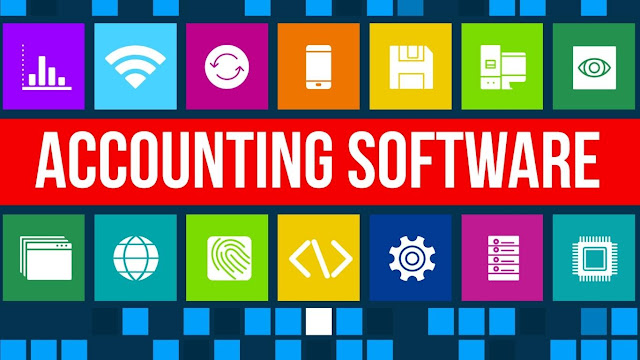what does a bookkeeper do all day?
Bookkeeper duties include data entry and receipt processing. The bookkeeper is responsible for recording all financial transactions in your general ledger. This is also known as recording journal entries. Although it sounds complicated, this is often just a matter of entering all transactions into accounting software.
Bookkeeping is not just about entering numbers into spreadsheets. It requires careful analysis and legal knowledge. Bookkeepers can help you survive an audit by making sure your records are organized and that your deductions are legal.
Let's take a closer look. Four critical financial statements are typically prepared by bookkeepers.
- The Income statement, also known as a Profit and Loss, shows how much you have earned and what your expenses were over a given period.
- The balance sheet is a snapshot of your financial situation at one time.
- The cash flow statement is a record that shows how cash and cash-like items are entering and leaving your company.
- Statement of equity changes (also known as a statement of retained earning) shows how your share in capital, reserves and retained earnings has changed over a reporting period.
They can also help you run your business like a well-oiled machine.
- Manage accounts receivables and accounts payable. Make sure you get paid on-time and pay your bills on-time.
- Receive and pay sales tax to government
- Keep track of your debt and make the necessary payments to any debt that comes up.
- Deposits and cash in the bank are recorded
- Bank reconciliations should be handled every month
- To make your tax time easier, equip your CPA by providing accurate financial statements
- Keep your annual budget intact
- Report on any issues or variances that arise
- Payroll processing
Bookkeepers can usually handle some tax preparation, which is good because they are cheaper than CPAs. They won't be capable of helping you with tax planning and handling your tax returns.
What a bookkeeper can do to help your business
Why is a bookkeeper necessary? You'll enjoy the following benefits if you have a top-notch Bookkeeper:
- Budgeting better, knowing where your money is going
- You can rest assured that your books are in order so tax season will not be stressful
- With detailed documentation, you can audit-proof your business.
- You can spend more time on your business.
- Understanding the seasonal flow of your company
- Understanding the key metrics of your business such as revenue, costs, profitability, and so on.
A part-time bookkeeper is not necessary if you have a small business. Either you can purchase bookkeeping software or outsource it to Bench, a part-time virtual bookkeeping service.
The term "bean counter" has been made a derogatory expression. Anyone who has ever managed the income and expenses for their business will know that bookkeepers are worthy of deep respect.
This role requires curiosity, drive and willingness to solve unresolved problems. Trust is a key component of this role. You are not only trusting your bookkeeper to protect sensitive data but also on their accuracy. Business owners who are looking to grow their business rather than maintain it will need a bookkeeper who is reliable and trustworthy.




Comments
Post a Comment